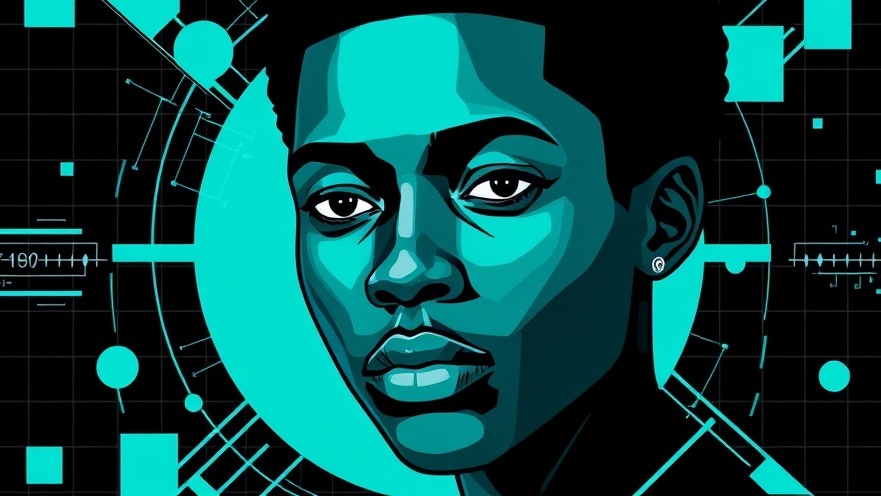
Mono: Shaping Africa’s Fintech Future with Abdulhamid Hassan
In a world that thrives on innovation, speaking to Abdulhamid Hassan, the founder of Mono, is akin to diving into the heart of Africa’s fintech revolution. He believes that fintech applications should seamlessly integrate Mono’s functionalities, epitomizing the ambition of a new generation of tech entrepreneurs across the continent. "If I open a fintech app today and do not see Mono, I feel like we have failed," he asserts. Such fervor reflects not only his personal journey but also the aspirations of countless innovators in the African tech landscape.
Back to the Roots: The Journey of Abdulhamid Hassan
Abdulhamid’s journey from Ijebu Ode, Nigeria, to the tech hubs of the world is anything but ordinary. He credits his entrepreneurial parents for teaching him about the importance of quality and user experience. This foundational knowledge has driven him toward creating Mono, a company that not only provides essential banking solutions but is also a beacon of hope for emerging startups in the region. As fintech struggles with fluctuating investment in Africa, Mono stands resilient, grounded in Hassan's philosophy: "don’t give up. don’t die."
The Rise of Owo: Redefining Payments in Nigeria
In his quest for innovation, Hassan has introduced Owo, a groundbreaking solution for making payments through WhatsApp. Owo has already processed significant amounts of money before its official launch, indicating a promising future in how Nigerians engage in financial transactions. Abdulhamid envisions that in five years, Owo will become a dominant force in consumer spending in Nigeria. This product exemplifies the rapid adaptation of traditional methods into cutting-edge technology, a common theme in Africa’s evolving fintech landscape.
Fintech in Africa: A Growing Ecosystem
Given the current climate, where venture capital investments in African startups are dwindling, Mono’s success is a crucial narrative. It emphasizes how African tech entrepreneurs are innovating in challenging environments. As more startups emerge, the interconnectedness between these enterprises fosters a robust ecosystem essential for sustaining long-term growth. The flourishing collaboration demonstrates the unique potential of digital transformation Africa.
Looking Ahead: The Future of Fintech in Africa
The adaptability and resilience of entrepreneurs like Hassan suggest a bright corridor for the future of fintech in Africa. Innovations such as digital payment solutions not only enhance efficiency but also empower communities by enhancing financial inclusion. The digital payment revolution is a vital element in shaping the future of work in Africa, ultimately aligning with broader trends towards automation in Africa.
As the fintech landscape continues to evolve, keeping an eye on companies like Mono can provide key insights into the directions emerging technologies are taking, alongside how they can foster the next wave of Africa’s economic development.
For anyone interested in Africa's booming startup scene, understanding Mono’s role could be imperative as we explore the digitization of economies. With every app that incorporates Mono, we inch closer to a fully integrated digital future for Africa.
 Add Row
Add Row  Add
Add 


Write A Comment